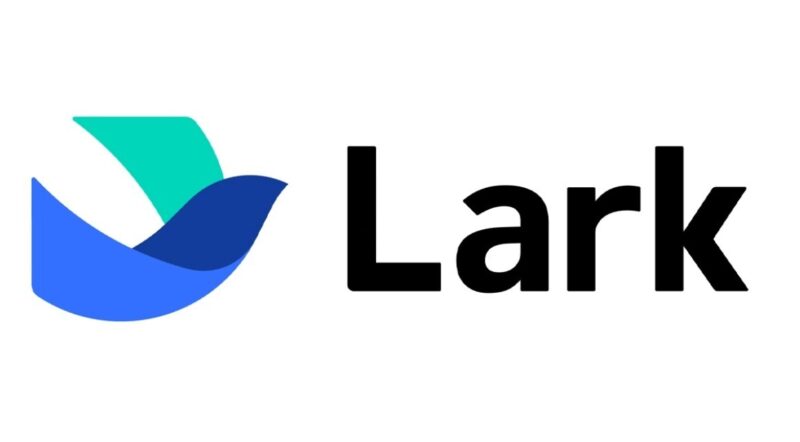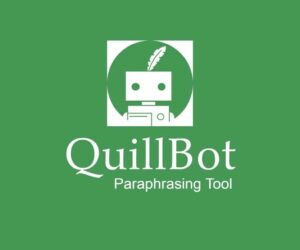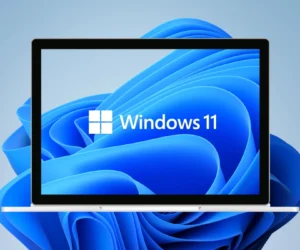Businesses usually look at how much money they’ll save when they put money into tech. Cutting costs is cool, but it’s just the tip of the iceberg. Digital platforms are awesome because they have staying power, they help people make better calls, keep things running smoothly even when things get crazy, and make things better for workers and customers. These perks just get better and better as time goes on, so you get way more bang for your buck than just saving a few bucks here and there.
project management tools these days can really help groups get stuff done by making everything work together. Instead of a bunch of different apps that don’t talk to each other, companies can use one system where all the info, chats, and who’s in charge are all in one spot. Tools like Lark show how having everything in one place doesn’t just save cash, it builds value that helps you grow.
- Lark Base: Setting things up so you can grow

SPONSOR AD
- One place to see the real deal
When teams have a bunch of different ways to keep track of stuff, things get messy. Lark Base puts everything in one spot that can change as needed, so everyone’s looking at the same info. Leaders can make choices knowing they have the right info.
Base changes to fit what different teams need. Marketing can keep up with campaigns, HR can handle new hires, and operations can watch the supply chain. This means Base can grow as the company grows.
As a smart tool, Base brings the advanced features of a CRM app into one single platform, such as tracking leads, visualizing sales, and syncing process status, keeping customer info tied to what’s being done. When a new deal is put into Base, the operations and support teams can see it, so the customer has a smooth ride. This makes relationships stronger and keeps customers around.
- Lark Calendar: Making time a strategic asset

Deadlines made in Base instantly show up in Calendar, so everyone knows what’s due. This keeps departments on the same page and stops delays that mess with client trust.
Calendar links right to Docs, putting agendas and info right where you need them. People spend less time prepping and more time making choices that push things forward. This builds a culture of getting things done, fast.
Expanding worldwide means dealing with time zones. Calendar handles this stuff for you, cutting down on mistakes and lost chances from trying to coordinate everything by hand.
- Lark Docs: Preserving institutional knowledge
 Lark Docs
Lark Docs
Forget about old files all over the place. Docs let teams work together on documents at the same time. Knowledge keeps growing, so you don’t lose stuff in tons of drafts.
Docs hook straight into Tasks or Calendar stuff. Say you’ve got a plan report, you can link it to Base goals. That way, it’s part of getting things done, not just sitting there. This makes sure knowledge leads to doing, not just knowing.
Comments and past versions make sure everyone sees who did what. This cuts down on mix-ups and doing the same work twice, making teamwork smooth.
- Lark Approval: Creating reliability in decisions
 Lark Approval
Lark Approval
Often, how we approve stuff is all over the place, which causes delays and problems. Lark Approval sets up ways to ask for things so they go the same way each time. People know what’s up, so they get less annoyed.
- Sends things automatically
Requests go straight to the right people. Like, if it’s about money, it goes to finance. If it’s about time off, it goes to HR, no need to forward it yourself. This saves time and makes sure people are responsible.
Because Approval supports an automated workflow, reminders and escalations happen seamlessly. Decisions don’t stall, even as organizations grow. Over the years, this consistency reduces risk and builds confidence in the decision-making process.
- Lark Wiki: Strengthening organizational memory
Lark Wiki
- Centralized knowledge base
Policies, playbooks, and best practices live in one place, accessible to all employees. This reduces duplication and ensures new hires have immediate access to what they need.
When processes change, Wiki is updated once and shared instantly across the company. Employees don’t waste time working from outdated information, reducing costly errors.
Departments can share insights with others, creating collective intelligence. Over time, Wiki becomes a compounding asset; the more it is used, the more valuable it becomes.
- Lark OKR: Ensuring strategic alignment
Lark OKR
As businesses get bigger, they sometimes forget what they’re trying to do in the long run. Lark OKR makes sure everyone knows the aims and how to check if they’re hitting them. This helps teams know what’s really important.
Updates on how things are going come straight from Base and Tasks. Managers don’t have to wait for reports every three months. They can see if everyone’s on the same page right away. This quick feedback means they can change plans if they need to.
By tying work to OKRs, teams don’t just think about finishing jobs. They think about getting real results that you can measure. This focus cuts down on wasted work and builds up to better results over time.
Conclusion
Saving money might be a good reason to start using these tools, but it’s not the only advantage. The real benefit over time is that you get better focus, work together better, and can bounce back from problems. When workers feel supported, information is saved, and choices are made the same way each time, companies get an advantage that grows over years, not just months.
Base lays the groundwork, Calendar makes time a useful tool, Docs keeps information safe, Approval makes sure decisions are solid, Wiki helps you remember things, and OKR makes sure everyone’s aligned. Together, they help businesses do more than just save money. They help them grow steadily.
The point is simple: saving money is good, but what lasts is long-term value. With platforms that put everything in one place, businesses not only save money but also build the confidence, strength, and focus they need to succeed for a long time.








